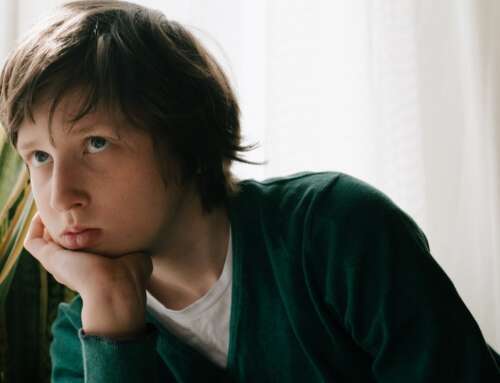 Millions of people with mental health issues lead happy, productive, and extremely normal lives. Many people with mental health conditions never tell their loved ones, and their behavior may be no different from people without mental health conditions. Indeed, more than 25% of Americans receive a mental health diagnosis at least once. But this doesn’t mean that living with a mental health challenge is easy, and friends and family can be frustrated when their attempts at helping fail. If someone you love struggles with mental health challenges, there are many ways you can help.
Millions of people with mental health issues lead happy, productive, and extremely normal lives. Many people with mental health conditions never tell their loved ones, and their behavior may be no different from people without mental health conditions. Indeed, more than 25% of Americans receive a mental health diagnosis at least once. But this doesn’t mean that living with a mental health challenge is easy, and friends and family can be frustrated when their attempts at helping fail. If someone you love struggles with mental health challenges, there are many ways you can help.
Learn about Mental Health
Mental health conditions can be confusing, particularly to bystanders. Learn as much as you can about your loved one’s condition. The National Alliance on Mental Illness is an excellent resource for friends and family. You may also be able to find a local support group in which you can learn about better ways to help your loved one cope.
Avoid Stigmatizing Mental Health
Mental health conditions are no different from other health conditions. Your loved one didn’t choose to struggle with mental health issues, and he or she can’t will the condition away. Don’t make someone you love feel ashamed of a mental health challenge. Instead, encourage him or her to talk openly about the issue as you listen without judgment.
Listen and Learn
People are not disorders or symptoms. They’re unique individuals, and your loved one might not experience all of the symptoms your research tells you he or she will. Don’t just rely on books or Internet articles for information. Listen to your loved one’s lived experiences, and ask about how you can help.
Assist Your Loved One in Seeking Help
Offer Meaningful Support
Take Symptoms Seriously
Give Your Loved One Control
Offer Unconditional Love
Build Upon Strengths
Keep Your Loved One Safe
–Zawn Villines
via 10 Ways to Support Someone with Mental Health Challenges.







I am finding the education system does not know how to deal or help someone with mental health issues and keep being told they do not have the resources to deal or help. I was wondering if there were other people out there with mental health problems, or know someone that is feeling the same way. Very frustrated.
Hi,
I completed research which may be of interest to readers entitled: “Lives unseen: Unacknowledged Trauma of Non-Disordered, Competent Adult Children of Parents with a Severe Mental Illness” (fairly jargon free and simply written) which generated a lot of international interest. Here’s the link:
http://repository.unimelb.edu.au/10187/16566
People may also be interested in a resource website I authored on the grief of the same population studied. It’s being used by mental health teams – including institutions and individuals in Australia and internationally. The link may need to be copied and pasted into the browser:
http://goo.gl/W47Mr
I hope these two links are useful.
Kind regards,
Suzette